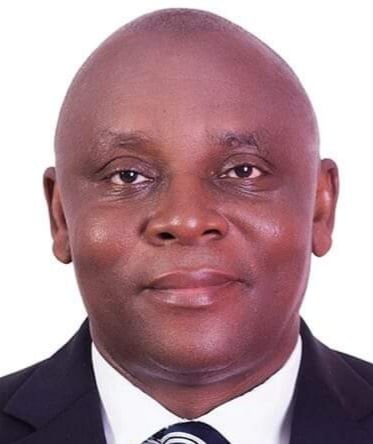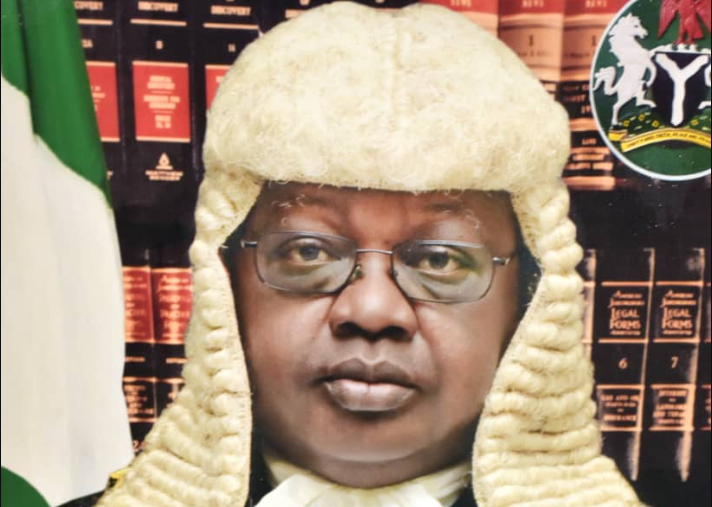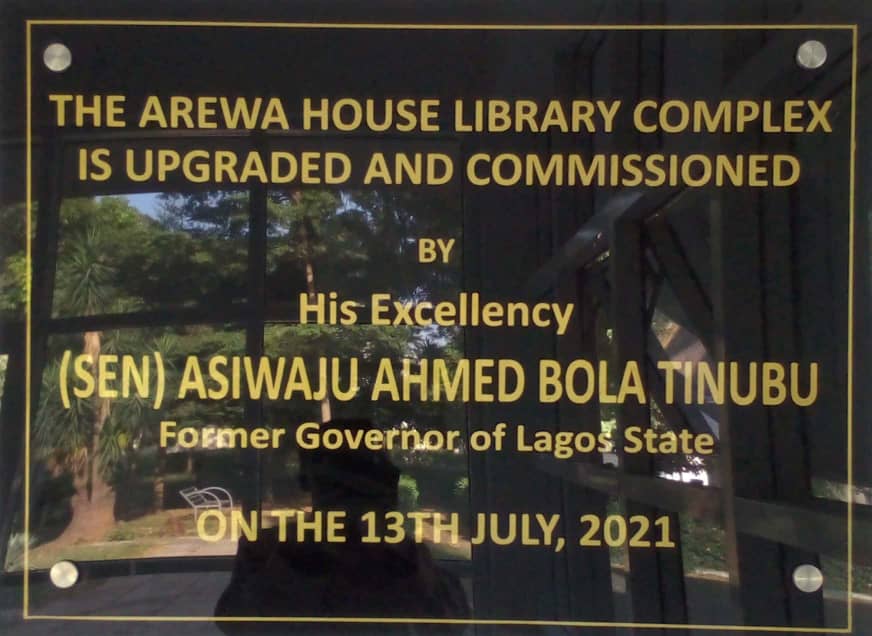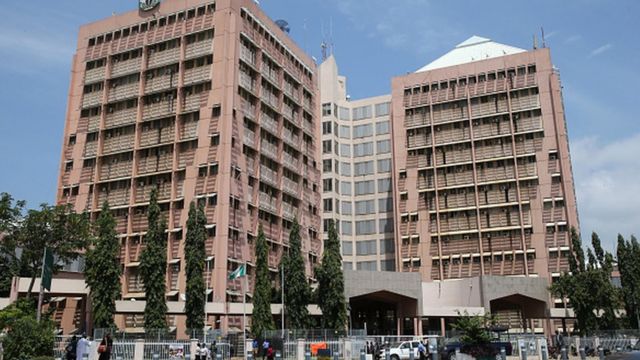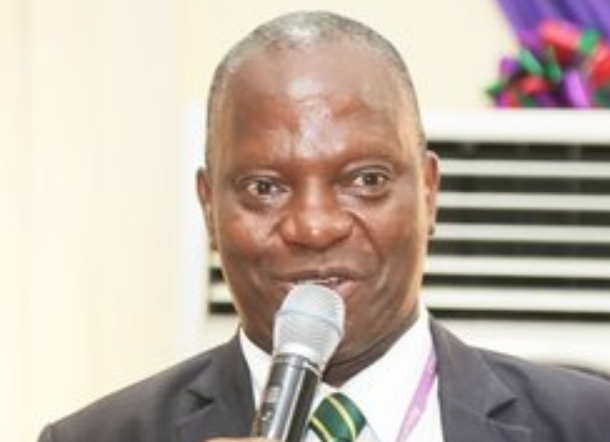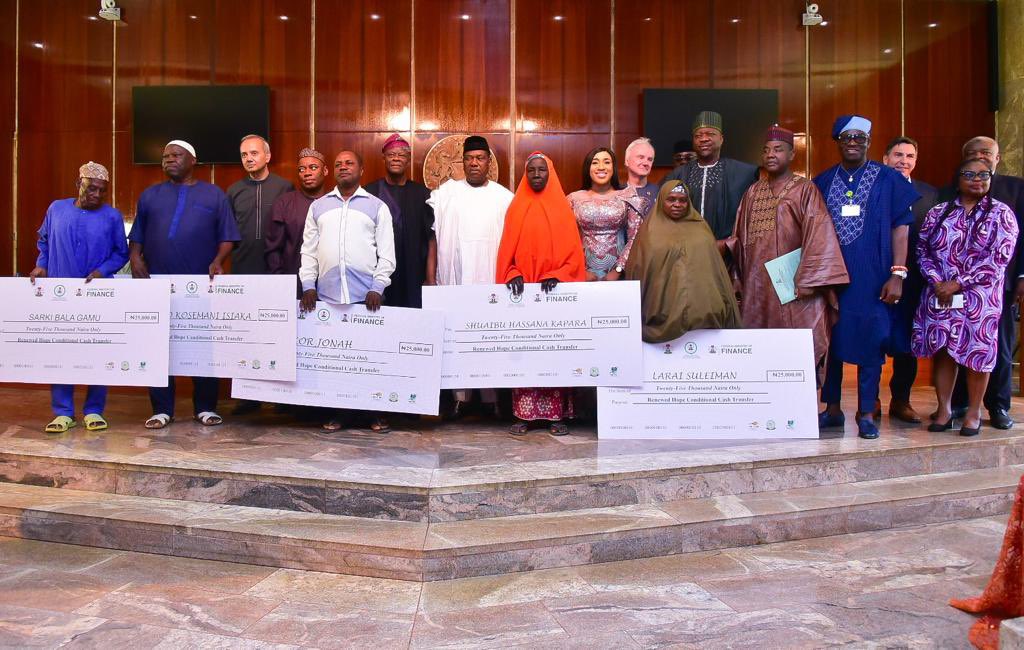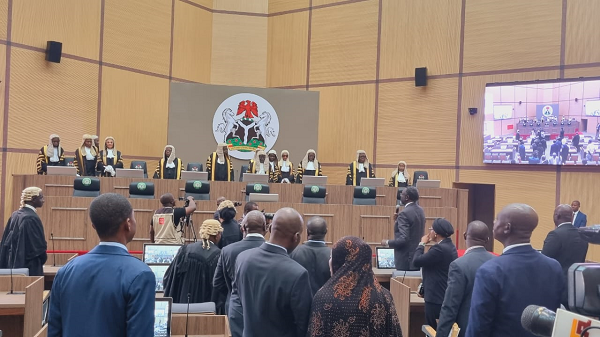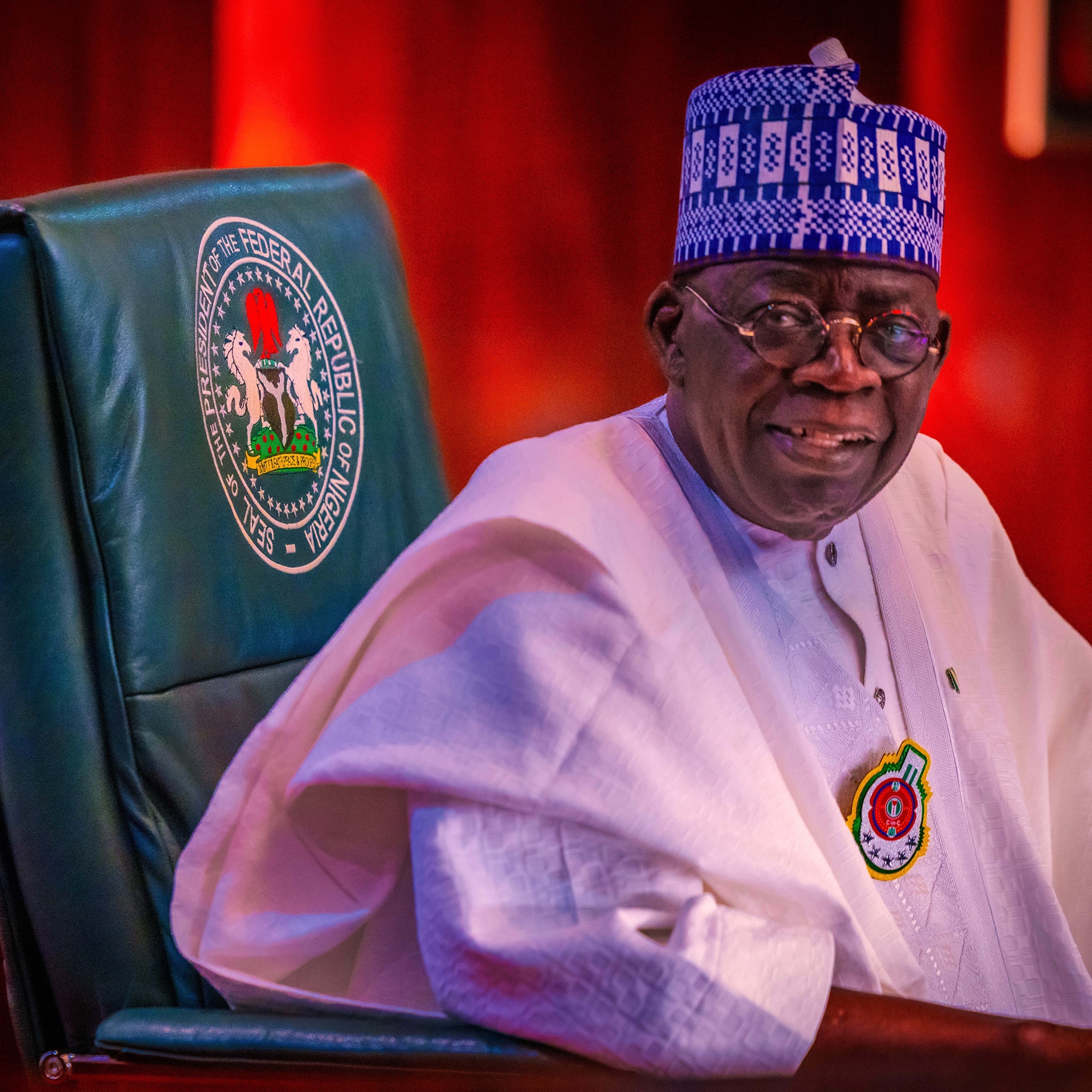The frank, candid, and compelling valedictory statement made by retiring justice of the supreme court, Justice Musa Dattijo Muhammad, last Friday highlights once again the importance of open and honest conversations in the development of society and promotion of good governance. Justice Dattijo was bold, direct and convincing in talking about corruption and nepotism in the judiciary, the depletion of the membership of the apex court and its impact on justice and equity and abuse of the Office of the Chief Justice of Nigeria.
He accused the CJN of abuse of office and dictatorial practices and noted that with his retirement, the supreme court has been depleted to only 10 members from the maximum number of 21 in 2020. The south-east and north-central are now unrepresented at the court. Dattijo said the CJN is too powerful as he is saddled with too many responsibilities and so he is prone to be corrupt.
He said: “As presently structured, the CJN is Chairman of the National Judicial Council (NJC) which oversees both the appointment and discipline of judges. He is equally Chair of the Federal Judicial Service Commission (FJSC), the National Judicial Institute (NJI), the Legal Practitioners Privileges Committee (LPPC) that appoints Senior Advocates of Nigeria.
“In my considered opinion, the oversight functions of these bodies should not rest on an individual alone. A person with absolute powers, it is said, corrupts easily and absolutely. As Chair of NJC, FJSC, NJI and LPPC, appointments as council, board and committee members are at his pleasure. He neither confers with fellow justices nor seeks their counsel or input on any matter related to these bodies. He has both the final and the only say. The CJN has power to appoint 80 percent of members of the council and 60 percent of members of FJSC. The same applies to NJI and LPPC. Such enormous powers are effortlessly abused. This needs to change. Continued denial of the existence of this threatening anomaly weakens effective judicial oversight in the country.”
Advertisement
Justice Dattijo said that although he was the deputy chairman of NJC by virtue of being the second longest-serving justice of the court, he was never consulted by the CJN in any of his decisions. Justice Dattijo said the depletion of the supreme court is not only a breach of the constitution but a problem for the remaining 10 members.
‘’We are in an election season where the Election Tribunals and appellate courts are inundated with all manner of petitions and appeals. The Supreme Court is the final court in the Presidential, Governorship and National Assembly election appeals. Yet, there are only 10 justices left to determine these matters. Constitutionally, each of these appeals requires a panel of seven justices to sit on them. When a panel of seven justices is constituted to sit on a particular appeal, only three justices are left out. Even when regular appeals are being heard in the supreme court, a panel of five justices is required to sit’’, he said.
He affirmed that the non-representation of all the zones at the supreme court is antithetical to justice and transparency.
Advertisement
Justice Dattijo also raised the issues of corruption in the judiciary which manifests in different dimensions, one of which is nepotism. The practice of justices and judges swearing in their children and relatives as judges and magistrates is one of the dark spots in our judiciary. Another dimension of corruption which the learned jurist mentioned is that the increasing budgetary allocations to the NJC have not been transparently spent for the benefit of the judiciary. He also talked about the shameful judgements in the court, mention in particular the Senator Ahmed Lawan and Hope Uzodinma cases.
In the audience as Justice Dattijo spoke were the former head of state, Gen. Abdulsalami Abubarkar under whose regime he was appointed to the court of appeal. Abubarkar’s wife, Lami (a retired judge), the chief justice of the federation, Justice Ariwoola, and other justices and important dignitaries were also present. I do not know how the CJN received Hon. Dattijo’s remarks, but it is obvious that the weight of responsibility on him is heavy. I call on the CJN to discard further lamentations on the weaknesses of the court and set off the processes for reforms and appointments of more justices in the court.
I must commend Justice Dattijo for his frank and honest speech which has in the last few days given the nation something to talk about Olisa Agbokoba described the speech as the frankest valedictory he has heard in his over 40 years at the bar. Honest and frank conversations promote development, democracy and authenticity by encouraging individuals to be their true selves. When leaders engage in open and honest dialogue, it sets the tone for citizens and team members to feel comfortable sharing their perspectives, experiences and challenges. Honest and candid conversations help us to deal with our hopes, fears, insecurities, dreams, strengths and weaknesses. But it takes a lot of courage to speak truth to power, and a lot more courage for the power to take the messages to heart without being offended.
In recent months a few other former public officials like Laolu Akande who served in the Buhari Presidency as a media adviser have been speaking out on many issues of national importance. His colleague, Femi Adesina, is currently writing a book on the Buhari administration. Soon after the former CBN governor, Godwin Emefiele, was arrested, Akande spoke publicly about the ills of the dual exchange rates operated by Emefiele’s CBN, pointing out that the former vice-president had consistently raised this matter with President Buhari. It is bewildering that Buhari did not heed the wise counsel to stop Emefiele. I hope Adesina’s book will touch on this.
Advertisement
We need more of these frank and honest talks from former and current public officials to help in building our country and deepening its democracy. With their wealth of experience, a retired permanent secretary, former minister or governor is in a good position to shape public policy, influence national dialogue and mould opinions. I acknowledge, however, as former Transportation Minister, Rotimi Amaechi recently pointed out, that the lack of commensurate progress in the country could be a disincentive for robust discussions. This is quite true for some of us who engage in regular punditry. But I would rather have a country of average citizens who routinely engage in lively discussions than one filled with dumb rich people.
Views expressed by contributors are strictly personal and not of TheCable.
Add a comment
